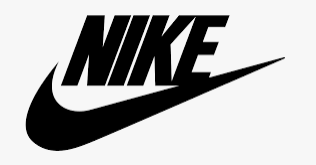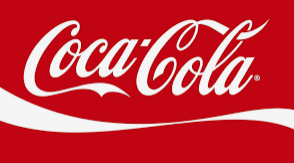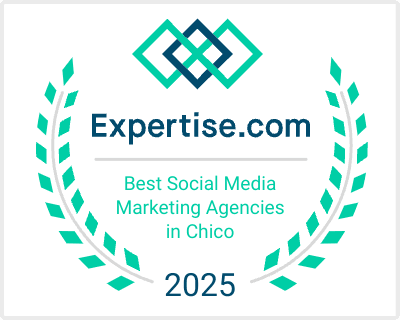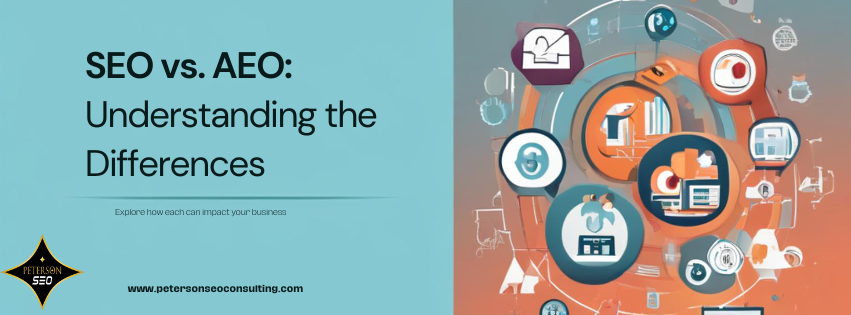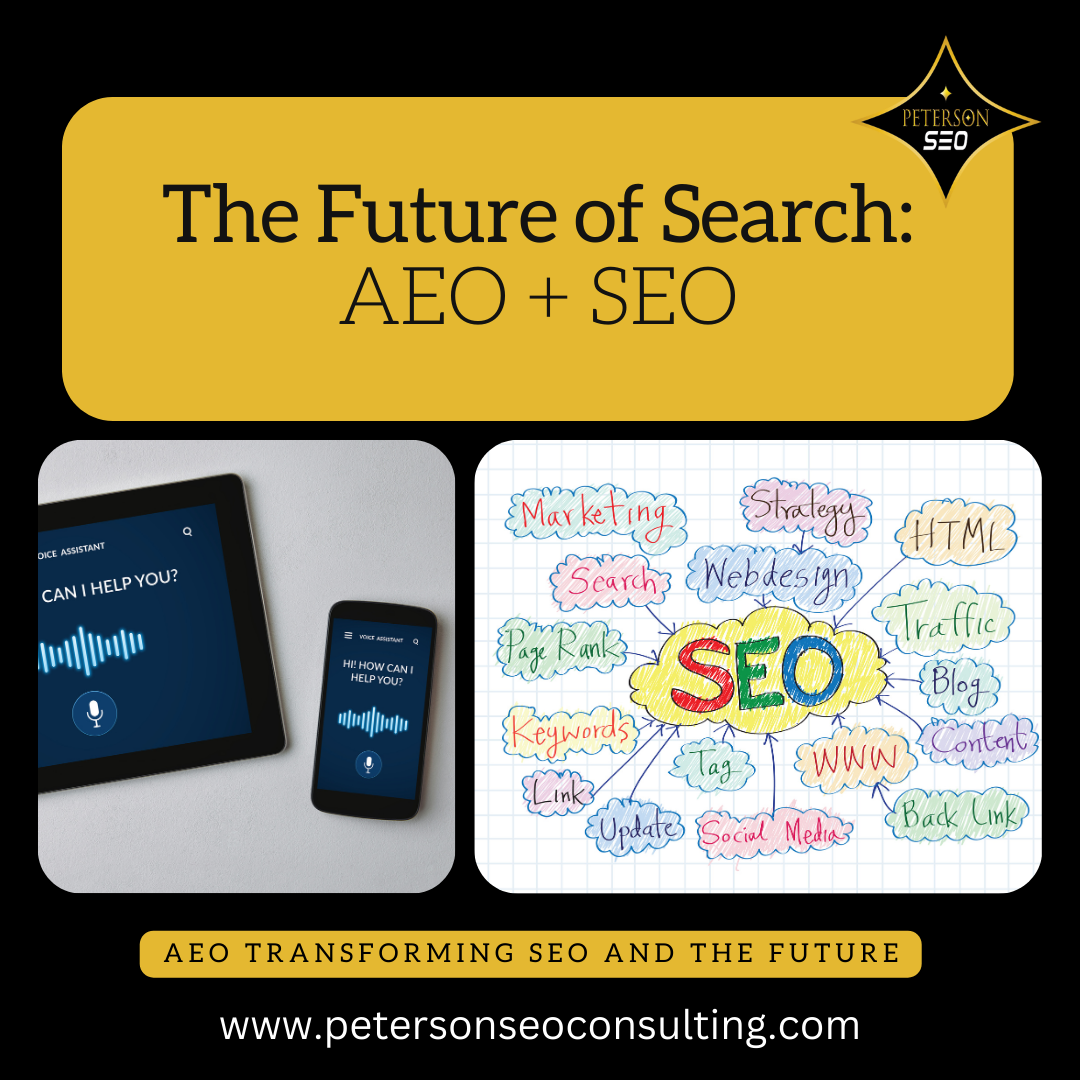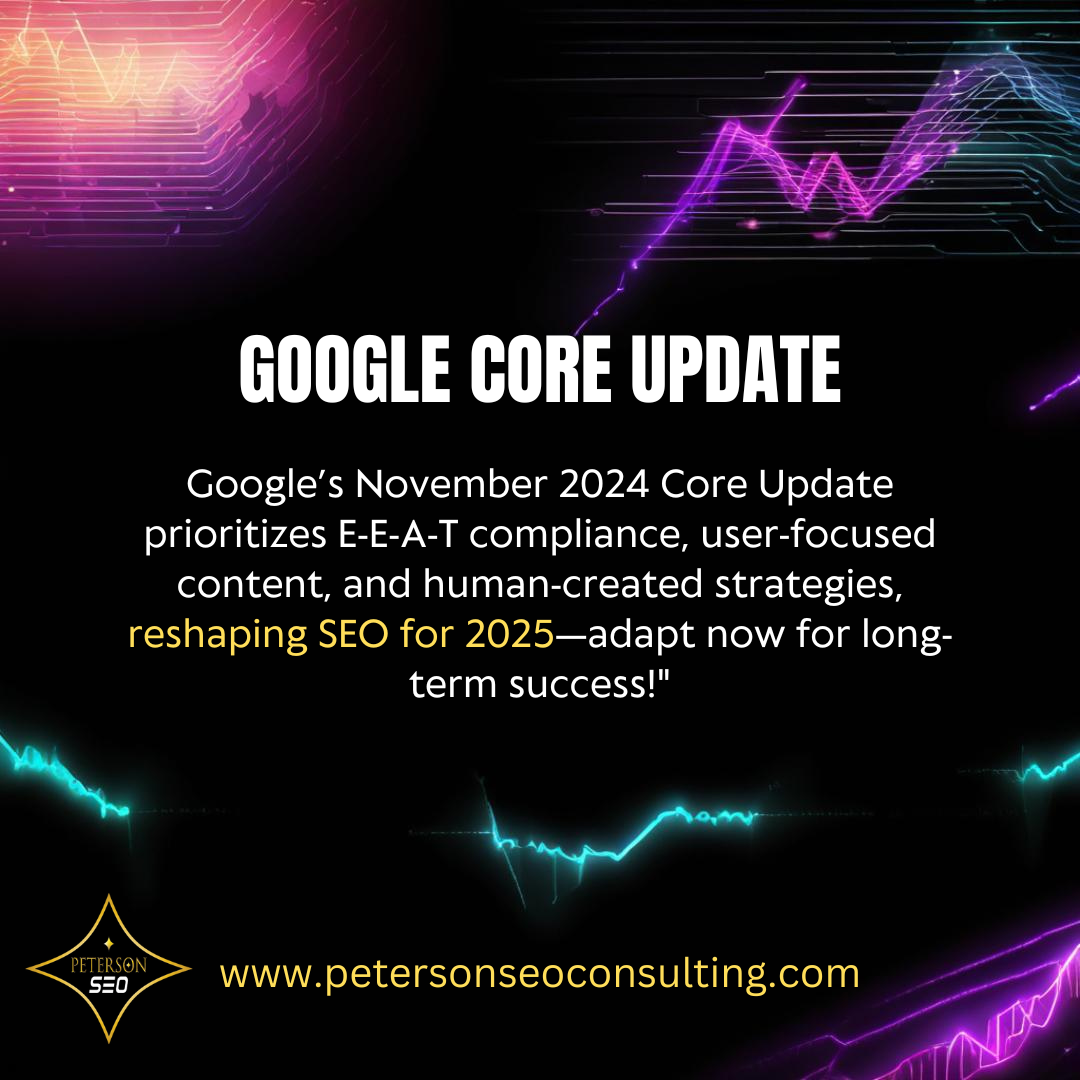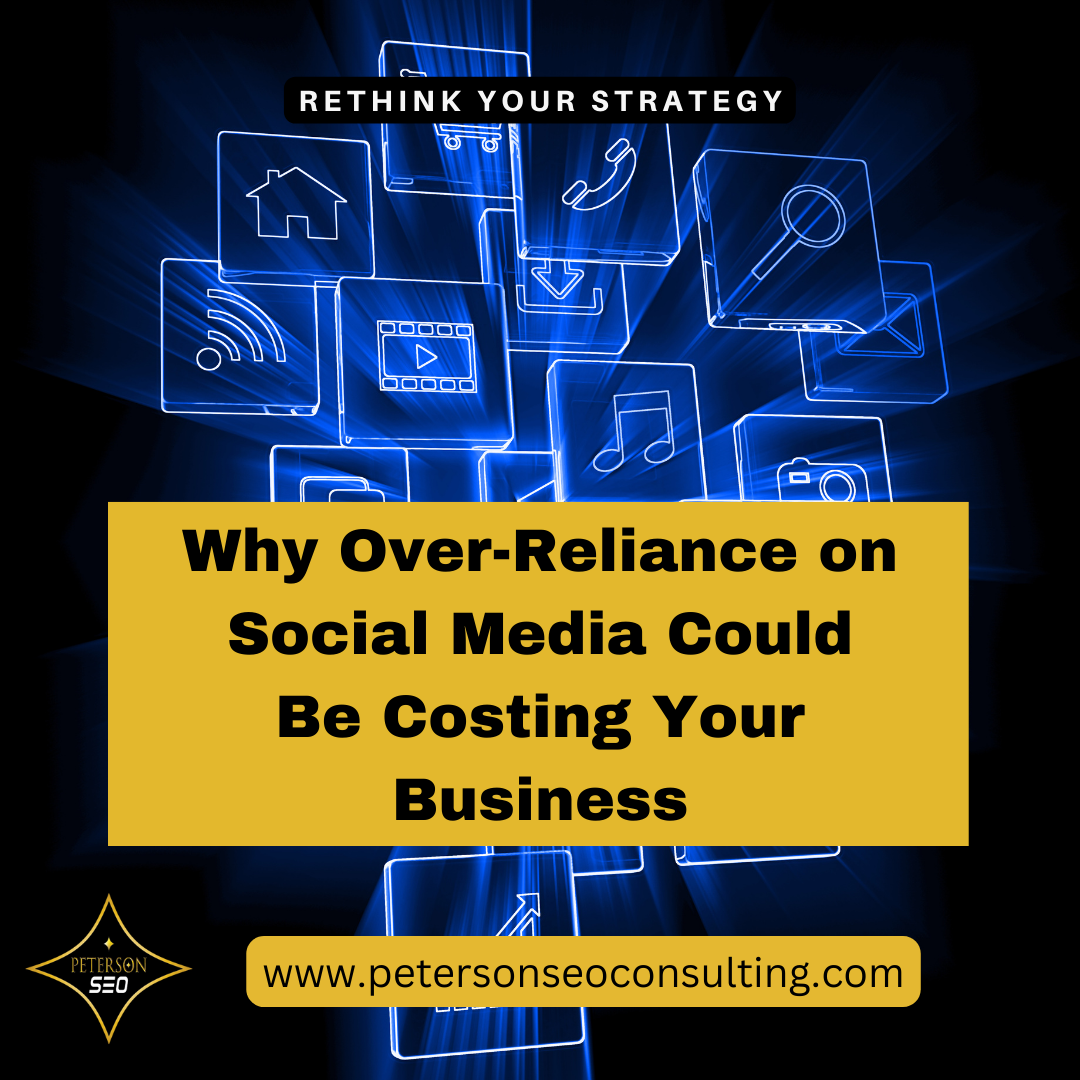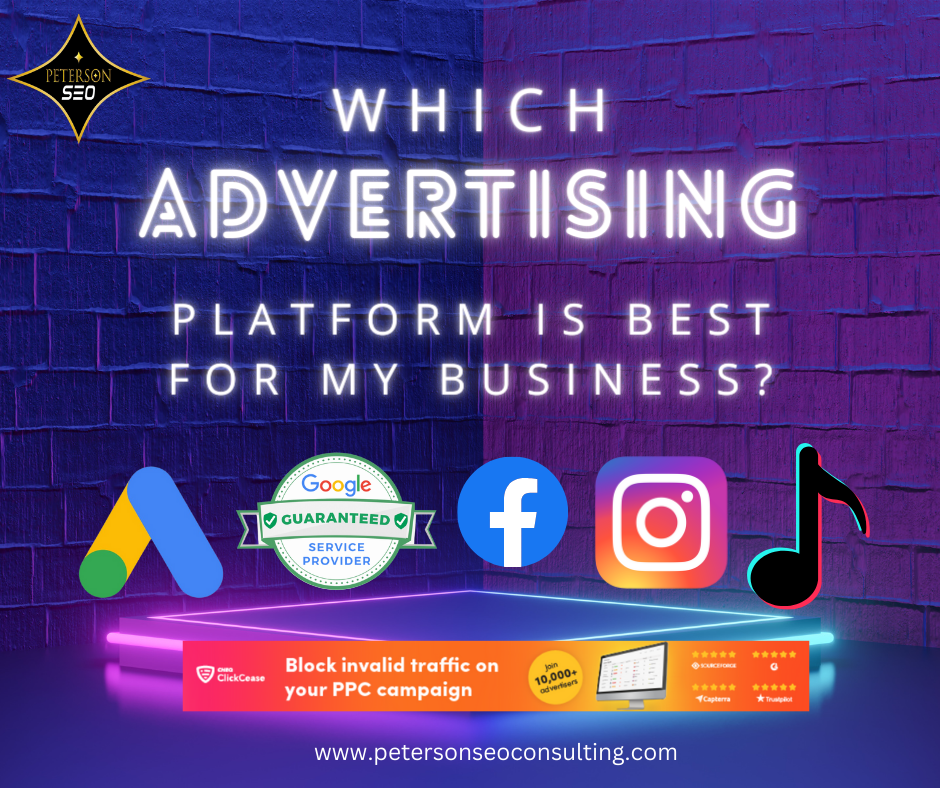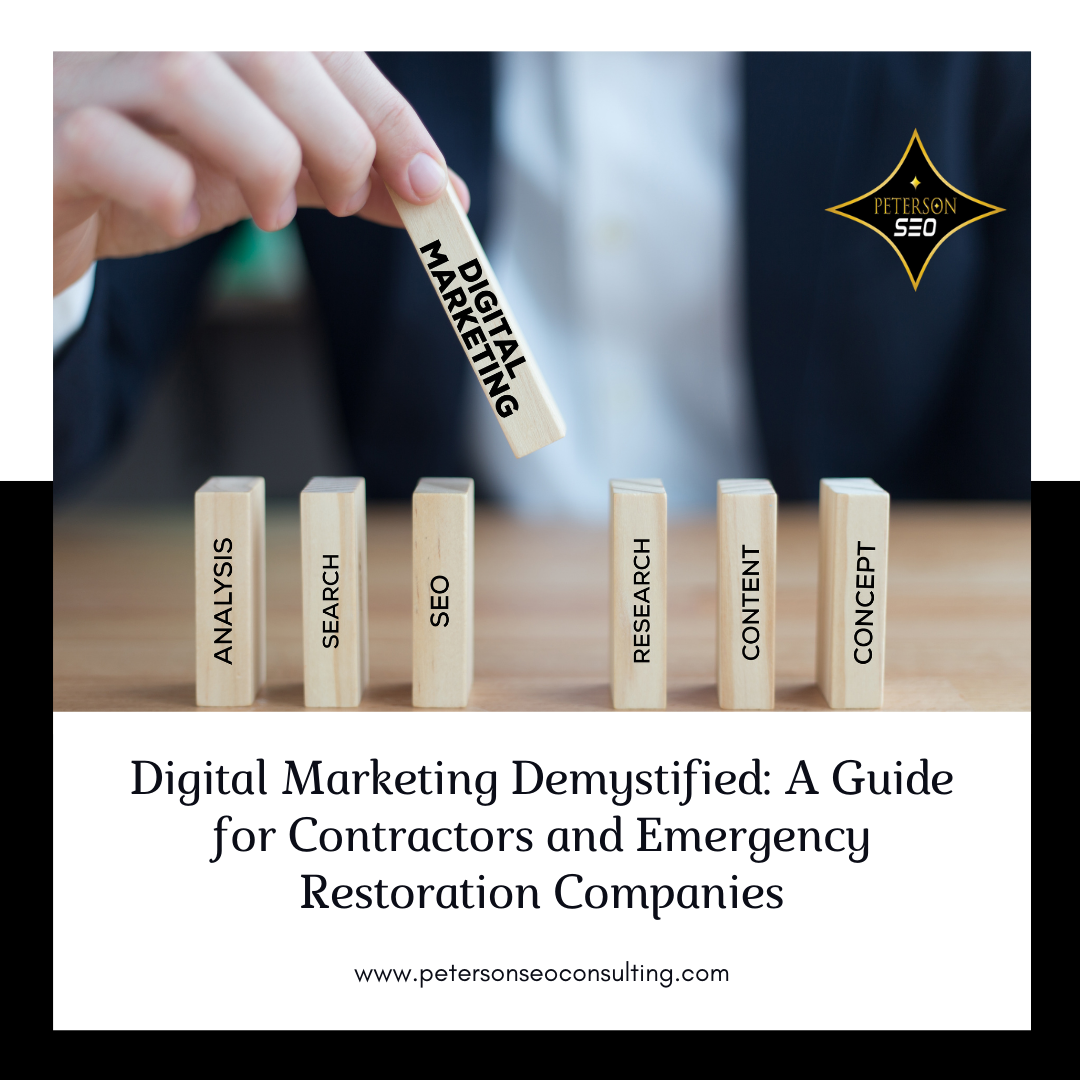Whether you believe it or not, businesses and individuals alike have a brand. Your brand is the way people perceive you and the value they place in your brand is their opinion of you.
If a person doesn't know you but has seen or heard about something related to you (such as your company), then that person's brand perception will most likely be based on those things. If all the information received so far from what we've shared about you is positive, the brand perception will be that your brand has high value. On the other hand, if all the information received so far from what we've shared about you is negative, then their brand perception will be that your brand has low value.
There are many components that make up brand perceptions, but the key factors include:
- The way you present yourself to others (your company's branding strategy)
- Your brand promises
- What your brand stands for
- Who it is targeted toward and what they're looking for
Branding is the personality of a company, and it needs to be consistent across all points of contact with customers or prospects - from advertising to social media posts. Your brand should reflect who you are as a company, what you stand for and what's important to you.
Brand vs. Logo?
Branding is not just about logos. Your brand is the overall personality and experience of your company to potential customers. A brand encompasses more than a logo, color scheme or slogan - it's everything people associate with your business that leads them (or drives) them to have certain thoughts and feelings when they see you as a company.
For example, if you own a clothing brand, your brand is not just the logo on the clothes. The colors you use in your marketing and website design are also part of your brand. The brand would also include the quality of your products or services, pricing and even how you communicate with customers.
Whereas your logo, while part of your brand, does not define your brand. For example, Nike's brand is more than just a swoosh. The company sells clothing and equipment designed for sport enthusiasts. It also encourages people to keep fit through its advertising campaigns - all these aspects make up the brand, but none are part of the logo design itself.
Stand out in Corporate Clutter
Having a brand is key to standing out in the sea of other businesses vying for your attention. We live in times where there are endless choices and people can't be expected to figure out who you are from just one interaction with your company - so branding is essential if you want them to notice you, connect with what's important about you and ultimately buy from you.
But brand awareness is not enough. You also must be able to make a connection with potential customers and convert them into loyal brand evangelists at the end of it all, so your brand needs an emotional appeal that resonates with people on a deeper level.
To do this, there are many things to consider when developing your brand:
- You need to think about what you're trying to communicate and who it's targeted at - whether millennials, baby boomers or CEOs.
- Your brand needs a tone that is appropriate for the type of person your brand is targeting so they can relate with it more easily and feel like they are part of your brand.
- A brand should reflect who you are, what your company stands for and how it's different from competitors. You should be able to answer the questions: "Who am I?" and "What do I stand for?" if you want people to believe in or commit themselves to your brand experience.
- To that end, a brand should be a promise of how the brand will make your customer's life 'better'.
- Your brand personality and tone should also match up with what the company does. Nike is an activewear brand, so if they want to create an emotional connection with their customers then it needs to have a more energetic feel for people who are into sports to relate.
- Your brand should be memorable and recognizable, but it also needs a personal touch - this is what will make your brand different from other companies out there that are selling similar products and services as you are.
- It's important to think about how brand management will help your business grow. The brand is the face of your company, and it should be able to speak for you in a way that feels genuine.
Brand Strategy
Every company has an element of branding or brand management as part of their marketing strategy. Having a brand strategy will help guide how you want your brand to be perceived by your customers or potential brand evangelists, and it will define how you want to communicate with them.
Your brand strategy should be in the form of a written document and include everything you need to know about your brand, from how the logo will look like or what tone of voice you want for your social media posts to who manages your brand on a day-to-day basis. It should answer questions like: "What is my brand personality?"; "Who am I targeting?"; and "How do I differentiate myself from other brands in the same market space?". Ideally, it should also include brand benchmarks that are measurable and able to be analyzed.
Examples of Successful brand strategies
Apple's brand strategy has been around since the brand's inception and has been a success because they were able to create their brand story.
Starbucks, on the other hand, was founded in 1971 but needed some time to develop its brand strategy which meant adding coffee roasts or new menu items over the years.
Nike also took a while before developing its brand strategy - they started out with just shoes and now offer clothing, accessories, and brand management.
Brand Management
Once you've established your brand, how do you manage it? Your brand must remain authentic while evolving over time - whether it needs a makeover or not depends on the brand strategy and what's happening in your industry.
There are a few things that you should keep in mind when managing your brand, including:
- -How to develop it over time, understanding brand sustainability and knowing if or when a rebrand is needed.
- Brand strategy: Your brand should always have a brand strategy to guide the direction of its evolution.
- Managing brand consistency across your marketing channels, product line and services.
- Monitoring brand health at all times to make sure it is evolving in a positive way according to what you had planned for it using your brand strategy.
- Monitoring brand sentiment from your customers or potential brand evangelists.
- Developing a brand strategy that is realistic and achievable with the resources available to you - for example, don't try to create an international brand if you are just starting out and have no experience in this field.
- Rebranding: There might come a time when your brand needs to be rebranded. This is usually because of a major change in the brand's strategy or if you can't keep up with managing it properly anymore, but there are also other reasons. Here are 10 signs its time to rebrand.
How does brand management help?
Depending on your business, brand management can be more complicated than simply deciding the colors and logos you want to use. It may require analyzing what competitors in your industry are doing as well as taking a close look at how customers view both you and them. From there, it will involve researching who is your brand's target audience and what they value.
Brand management helps your brand stay relevant and fresh with the changing times. It helps you stay competitive with other brands in your industry and with the changing customer demographics.
Brand management is key to brand success.
Your brand is your most valuable asset. It’s the foundation of all marketing and sales campaigns, so it’s critical to understand how to develop a good brand strategy that will work for you – both now and in the future. The key elements of this process include understanding the importance of your company's branding (and why), developing a powerful message, managing your online reputation proactively before something bad happens, as well as knowing when or if it time to change or rebrand. If you're ready for some help with any aspect of this process, Peterson SEO has consultation services tailored specifically around your business and branding needs



